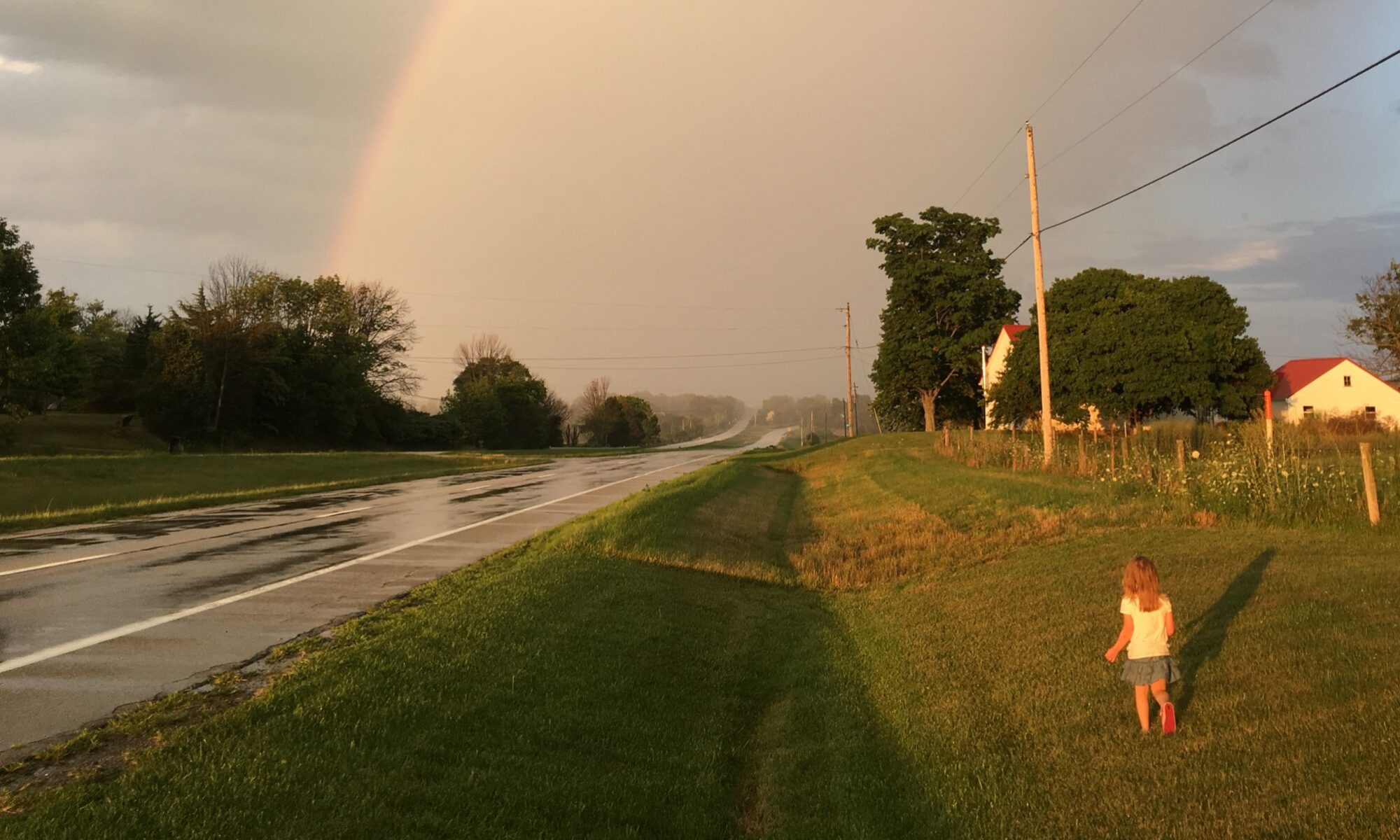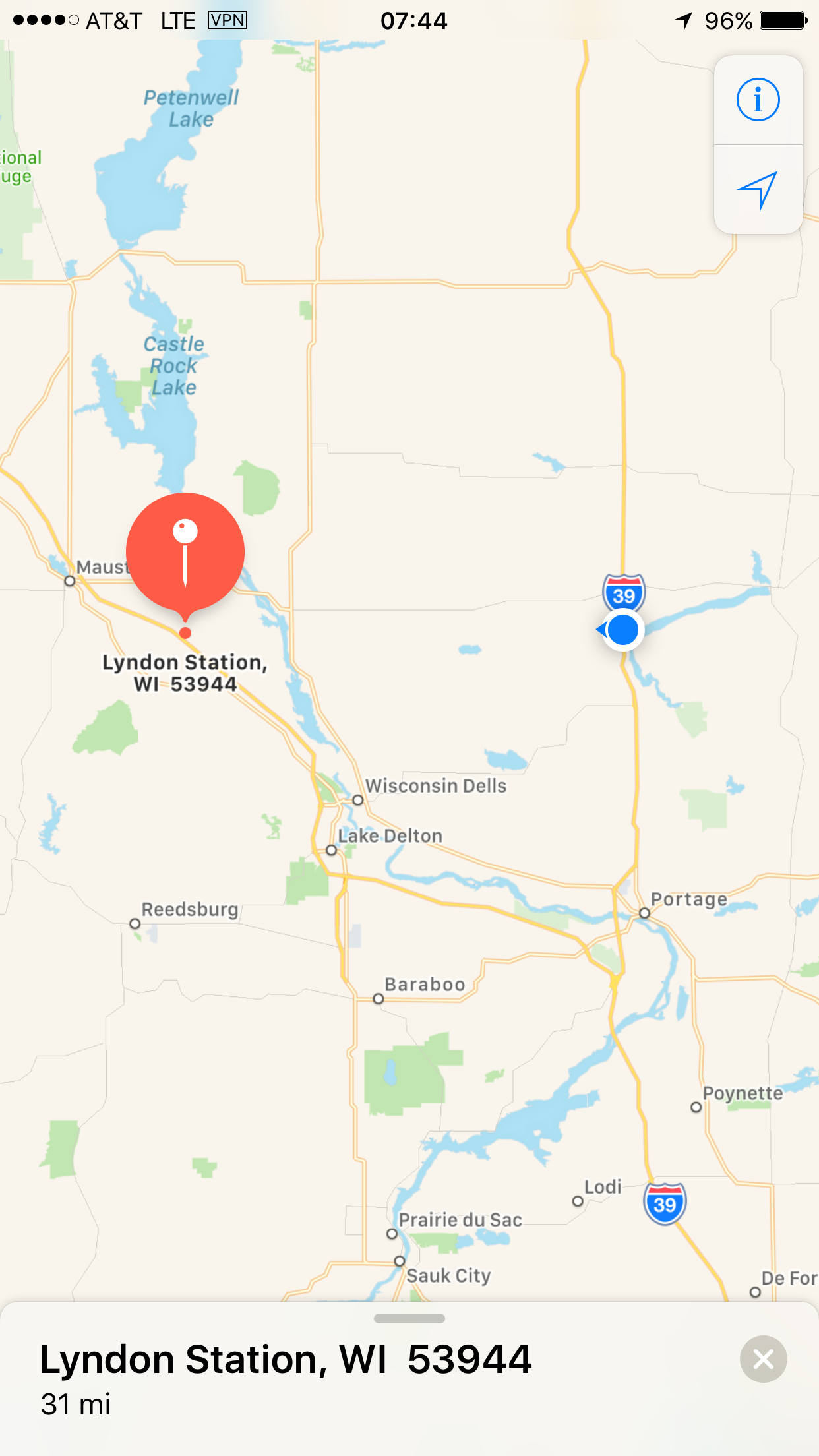I’ve been dragging my feet with these Narnia books. Hell, it was back in March when I finished the second one. The plots kind of force themselves forward, demanding a resolution, but at no point inspiring a lot of empathy for any of the characters. They also make a lot of painfully bad decisions, but they’re all kids, so I guess that’s the point. Still, it makes the reading difficult.
But I’m determined to get through these eventually, and I managed to finish The Horse and His Boy. My initial thoughts were: “Ha. I get it. The horse can talk.” And the story seemed to have used that one twist to drive the plot endlessly. Fortunately, it eventually delved into more complex scenarios, with more adult themes. I had to make it about halfway through, but the protagonist got to experience some life-changing events that turned him from an incidental character that forced the story along into a relateable character who inspired my commitment to see the resolution. The obnoxious horse (and seriously: fuck that horse–I hate it), was revealed to be intentionally irritating, though all worked out in in the end in a way that was satisfying but not overly-convenient for a children’s novel. There’s even battle, described in a gripping manner, however unconventional.
It took 3 books, but the chronicle is getting darker and more interesting. Although I don’t really care for that lion. He seems to be more of an ex machina than Lewis intended. I get now why people keep trying to force symbolism upon it–it shows up as some sort of Old Testament god, driving events to his will while never really answering any questions, all the while inflicting appropriate punishments at his own discretion. And while he was critical to the plot of the last book, his presence in this one seems largely unnecessary. But again, maybe that’s the intent.
If nothing else, this book motivates me to continue with the series.
–Simon


